Whenever the great Shakespearean actor Sir Donald Wolfit had to exit the stage during a performance, he would always take a step back, showing the audience that he was reluctant to leave, before moving forward and departing into the wings on his left or right. The policy of the United States towards Israel and the war in Gaza has followed a similar series of forward and backward steps, with the Biden administration not leaving the stage, but eternally frustrated by the cuts and thrusts of Middle Eastern politics.
Another week has gone and little has been resolved to end a war which even Israel admits could last at least another six months. And now, perhaps more than at any time since Hamas caught Israel by surprise on October 7, there are increasing fears in Washington that Israel might soon begin a full-scale war with Hezbollah in southern Lebanon.
The arrival in the region of Amos Hochstein, President Biden’s Middle East envoy, a fifty-one-year-old Israeli-American with good contacts in Lebanon, underlined Washington’s alarm at the potential dangers for Israel arising from a second front opening in the war.
For months, Hezbollah, a military force infinitely superior to Hamas both in terms of missile and rocket arsenals and manpower, has engaged in regular strikes across the border, some of them ferocious. Israel has forcefully retaliated. Now, Tel Aviv has reportedly approved a military plan so it is ready to go to war with Hezbollah. The last Israel-Hezbollah war was in 2006. It lasted thirty-four days and ended in stalemate.
Hezbollah and Hamas and the Houthis in Yemen and, to a lesser extent, the Islamic militia forces in Iraq and Syria, have said that their campaign of attacks will continue while Israeli forces remain in Gaza. Hockstein received this message loud and clear. It is often premature to suggest that a war has reached a turning-point, but Biden’s fear of an expanding Middle Eastern war is today looking more, rather than less, likely.
The threat of more conflict has galvanized both Washington and Tel Aviv. This might explain why Benjamin Netanyahu, Israel’s embattled prime minister, suddenly decided to launch a protest at what he sees as Washington’s deliberate withholding of vital munitions that his forces need to complete the current operation in Rafah. No military wants to fight on two fronts.
Netanyahu’s accusation was met with mild reproof in Washington. Antony Blinken, US secretary of state, who has seen more of Netanyahu in the last few months than any other foreign politician, said the only shipment of arms currently being temporarily suspended was a stock of 2,000-pound bombs. The reason for this, as had been expounded on previous occasions, was that the US feared the use of these heavy, air-launched bombs would cause unacceptable collateral damage in Rafah’s dense, urban environment.
According to the Pentagon, the shipment consists of 1,800 2,000-pound bombs but also 1,700 500-pound bombs. Netanyahu wants both, and feels Washington is letting him down, and more importantly, refusing to send the promised munitions at a time when Israel says it’s in desperate need of them — for use in Lebanon, perhaps as well as Gaza.
The row developed during the week, as Washington felt Netanyahu was trying to give the impression that the Pentagon had stopped sending any arms to Israel. Major-General Pat Ryder, the Pentagon press secretary, said:
Since Hamas’s vicious attack on October 7 we’ve rushed billions of dollars of security assistance to Israel to enable them to defend themselves, and we’re going to continue to provide them with the security assistance they need.
The point about these particular bombs is that they are not smart, precision weapons. They are unguided munitions, and the US doesn’t want to be seen to be helping Israel to drop bombs on Rafah which end up killing civilians and destroying private property. Washington learned this lesson when previous shipments of these heavy bombs did precisely that in Gaza City in the early stages of the war.
“There’s not been a final determination at this time on how to proceed with that shipment,” Ryder said. While Netanyahu and Washington have continued their bickering, the Israeli Defense Forces operation in Rafah has continued, but without the intensity which had previously caused such worldwide horror.
The IDF’s 162nd Division which has been in Rafah for about six weeks, and claims to have killed around 550 Hamas soldiers in the city — reportedly about half of the fighting force there, and the equivalent of two battalions of the four-battalion Hamas Rafah Brigade. In the process, the IDF has lost twenty-two soldiers, eight of them in a single ambush-attack by Hamas on an IDF armored vehicle.
It’s in Israel’s interest to complete the Rafah operation as quickly as possible, and it will likely have to do so without those bombs held back in the US. But even then, the war is not going to end. Hamas operatives have been leaving Rafah to set up elsewhere in Gaza. Rear Admiral Daniel Hagari, the IDF spokesman, said on Wednesday that eradicating the whole Hamas organization and its ideology was unattainable. Making Hamas disappear was “simply throwing sand in the eyes of the public.”
Netanyahu rebuked the admiral. He believes that Israel’s survival, and his own political future, depend on winning in Gaza. With the challenges he is facing at home, in Gaza and across the northern border in Lebanon, the Israeli leader can ill-afford to be confronted by disaffection in the military.
This article was originally published on The Spectator’s UK website.



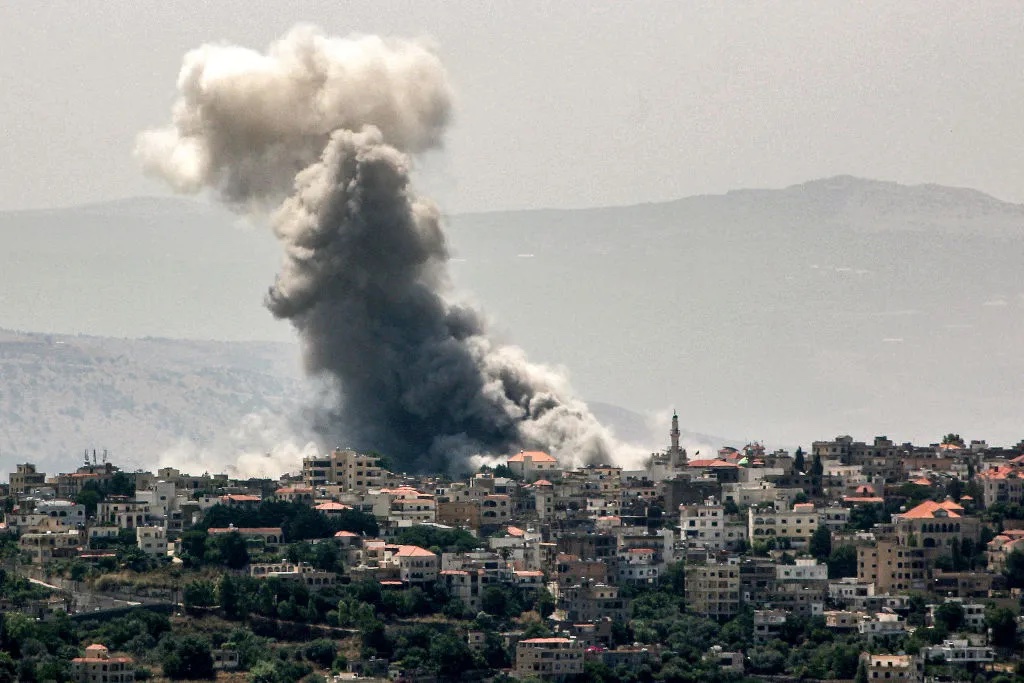









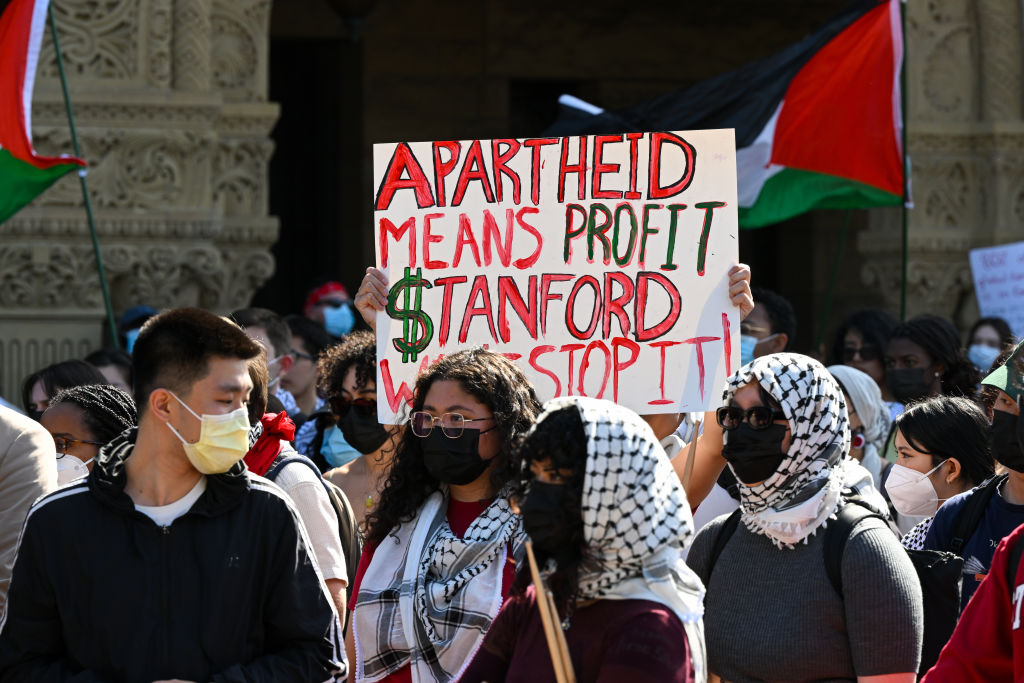


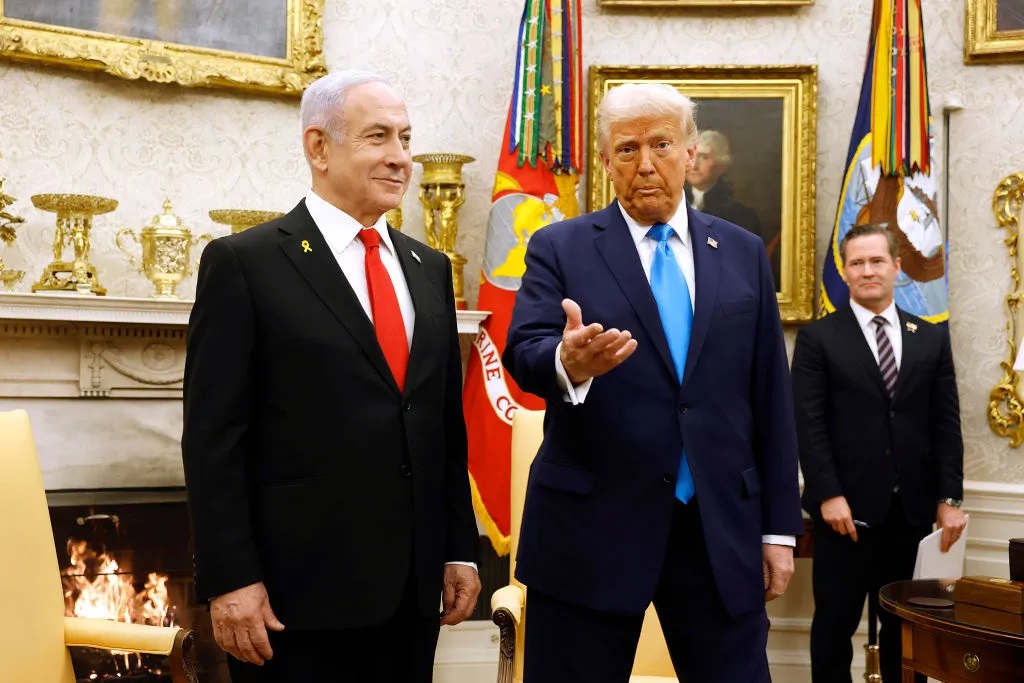
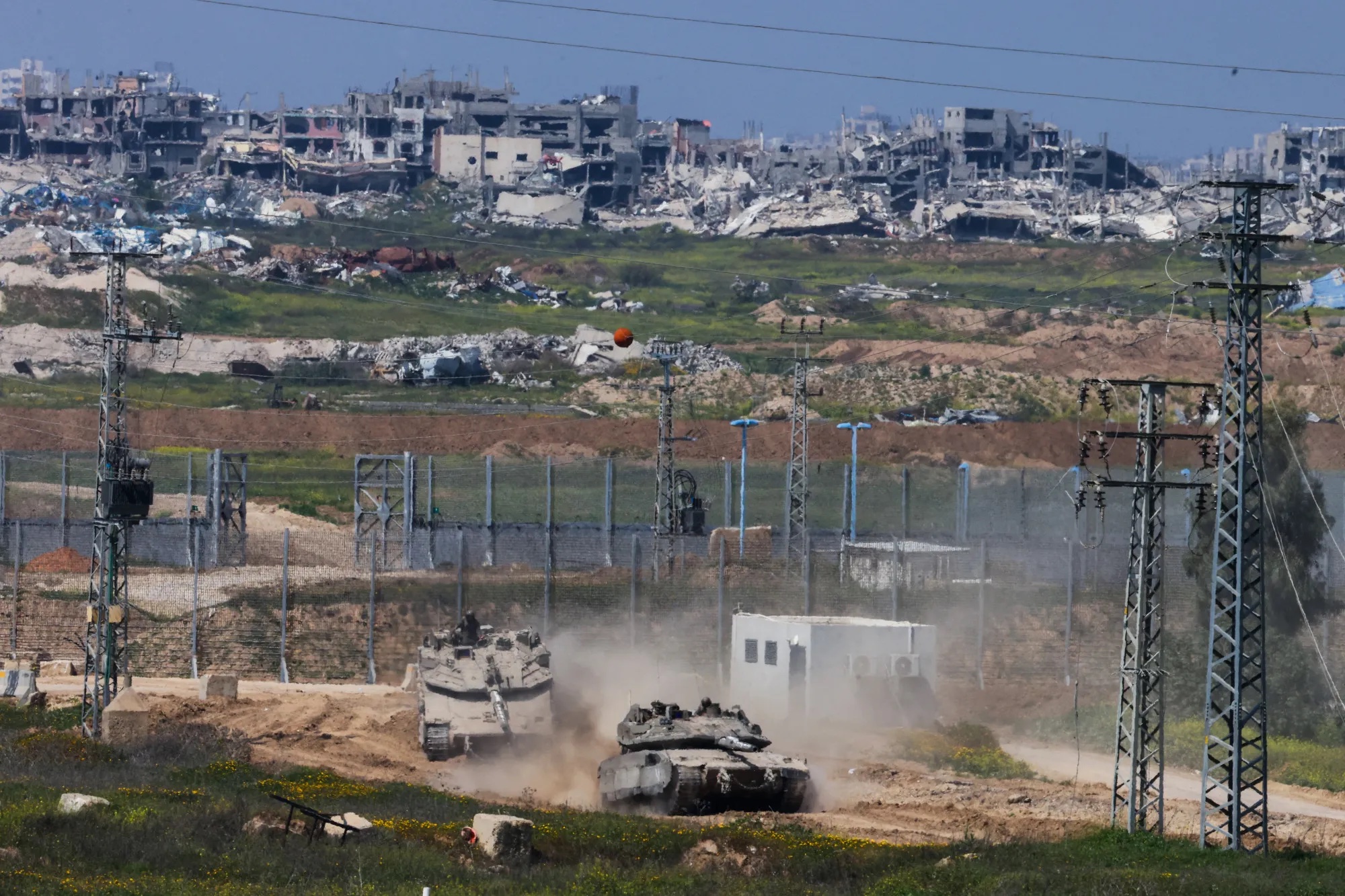
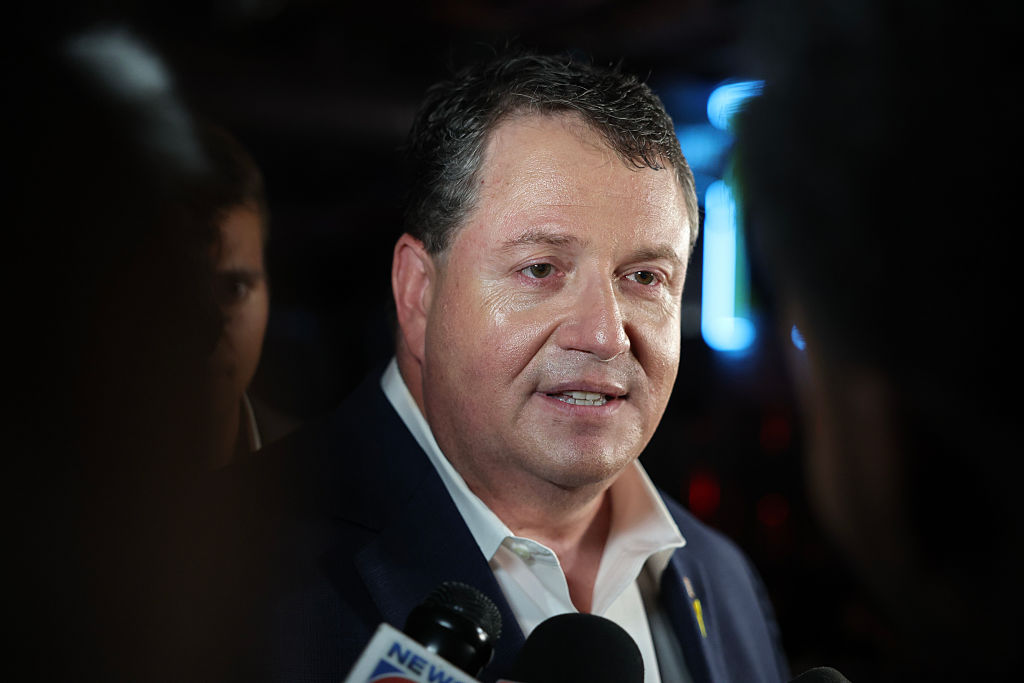







Leave a Reply